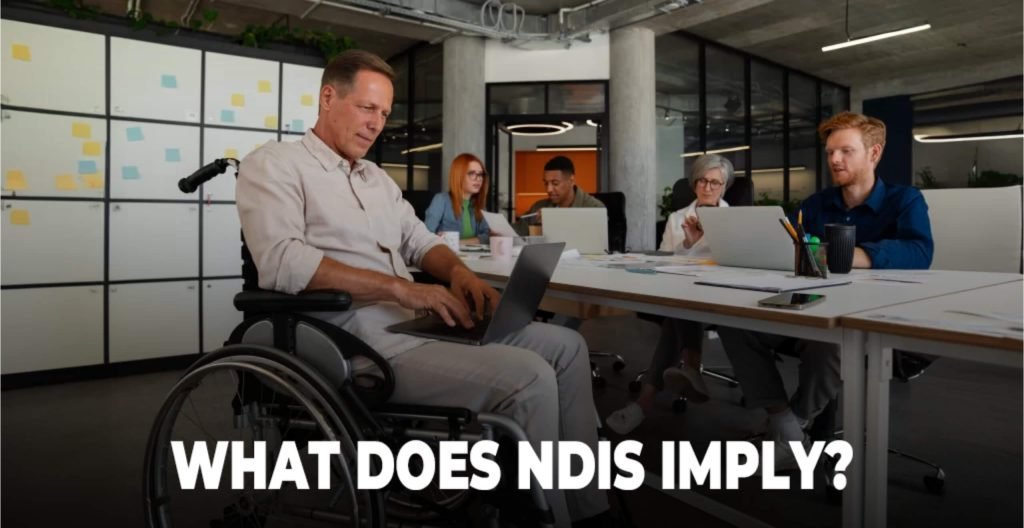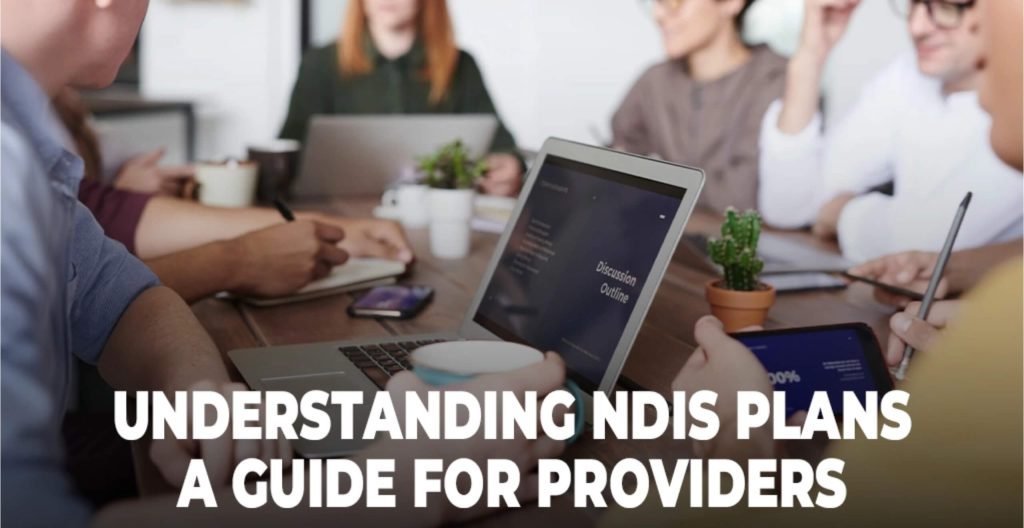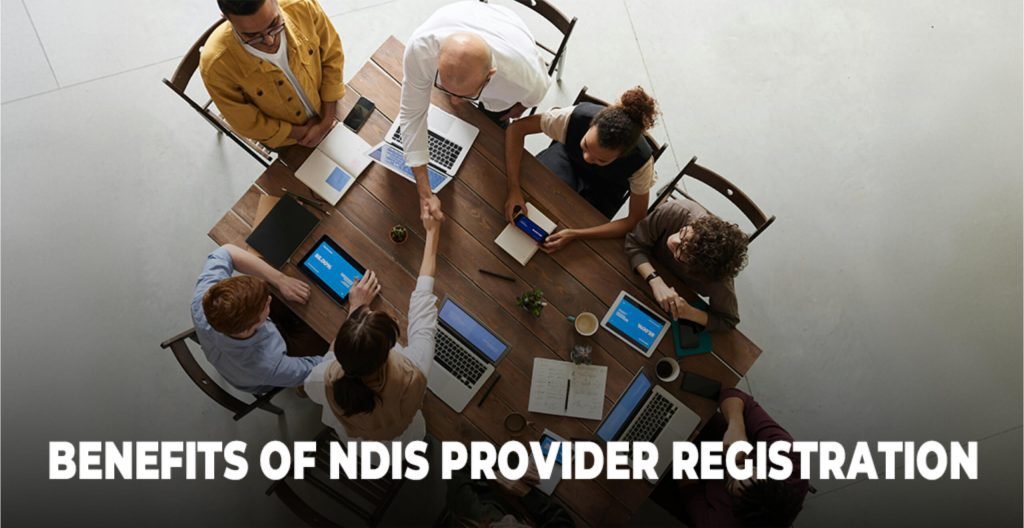Becoming a National Disability Insurance Scheme become an NDIS provider provider can be a great business opportunity, but it also comes with a lot of compliance requirements. One milestone in this journey is passing the NDIS audit, which assesses whether your organization meets the required standards for providing quality services to participants. Unfortunately, many providers encounter common issues during these audits, often coming from poor preparation or misunderstanding the requirements. This blog highlights the frequent findings during audits and offers actionable tips to avoid them. Failing an NDIS audit can happen for several reasons, often related to non-compliance with the NDIS Practice Standards and operational gaps. Below are the common reasons for audit failures:
Incomplete Documentation
One of the common mistakes found in NDIS audits is incomplete or inaccurate documentation. Such as Missing, outdated, or insufficient policies and procedures. Having a system for documentation built from the start is integral to the continuity of compliance. Also regularly train your team on the importance of detailed and precise documentation
Lack of Staff Training and Qualifications
Staffing is the heart of every business and not making sure your staff is up to date with all the training and standards can lead to audit failures also, Insufficient evidence of staff qualifications or training records can come out as non compliance in the audit.
Poor Participant Outcomes
Another thing is that when you go through NDIS provider registration you have to meet certain requirements and if there’s evidence that participants’ needs, goals, and rights are not being met this can also be counted as a audit failure
Unclear Service Agreements
Service agreements organise the relationship between the two parties and problems may arise when they are not tailored to individual participants or missing critical details, such as fees, responsibilities, or termination conditions.
Accessibility and Inclusion Gaps
NDIS is all about inclusion and Non-compliance with accessibility standards for participants with disabilities or limited efforts to accommodate diverse needs, such as language or cultural barriers can lead to non compliance.
Underestimating Professional Help
Hiring an NDIS consultant is beneficial for navigating the heavy compliance requirements and ensuring quality standards when working through the NDIS audit checklist. Relying on generic templates or outdated resources instead of tailored guidance can result in issues during your audit.
How to Avoid Common Mistakes in NDIS Audits
1. Understand the NDIS Practice Standards
Carefully review the standards to understand what auditors expect. These cover governance, participant-focused outcomes, and operational processes. Familiarise yourself with how these standards apply to your specific services and participants. Use the NDIS provider registration checklist to ensure all aspects are addressed.
2. Engage an NDIS Consultant
Hiring an NDIS consultant can save time and reduce errors. These experts provide tailored advice, review your policies, and guide you through the NDIS registration process. This investment often outweighs the potential cost of re-auditing or resolving compliance gaps.
3. Develop Tailored Policies
Avoid generic templates that fail to address your organisation’s unique needs. Tailor your policies to reflect your operations, participants’ needs, and risk management strategies. Include clear procedures for handling incidents, safeguarding participants, and managing complaints.
4. Regularly Update Documentation
Regulations and standards evolve over time. Schedule regular reviews of your policies to ensure they remain up to date and compliant. Use the NDIS audit checklist as a guide during these reviews.
5. Prepare Thoroughly for the Audit
Conduct a mock audit using a third-party expert or internal team. This process helps identify gaps and solve them before the official audit. Gather all evidence required by the NDIS audit checklist, including training records, risk assessments, and service delivery documentation.
Passing an NDIS audit requires preparation and attention to detail. Incomplete or generic policies and procedures are common mistakes but are entirely avoidable with the right approach. By using resources like the NDIS audit checklist, engaging experienced NDIS consultants, and investing in tailored documentation, providers can navigate the audit process with confidence.
The audit is an opportunity to enhance your operations and demonstrate your commitment to quality care. With thorough preparation, you’ll not only meet the requirements for NDIS provider registration but also position your organisation as a trusted provider in the disability support sector.
| Key Differences | Support Worker | Support Coordinator |
|---|---|---|
| Role Focus | Direct care and daily support | Managing and coordinating services |
| Interaction with Participants | Regular, often daily interactions | Less frequent, but critical for planning and connections |
| Skill Set | Practical skills for direct care and support | Strong organisational, communication, and problem-solving skills |
| Goal Orientation | Improving daily living experiences | Empowering participants to understand and effectively use their NDIS plan |
While both support workers and support coordinators are integral to the success of an NDIS plan, they occupy different roles. Recognising these differences enables participants and their families to make informed decisions regarding the support they may require.
Whether it’s the direct care offered by a support worker or the strategic guidance provided by a support coordinator, both play essential roles in ensuring participants remain well-supported and independent. If you’re looking to become an NDIS provider or explore NDIS provider registration, connect with HPA to find the best support worker or support coordinator for your needs!
Latest NDIS News in Australia
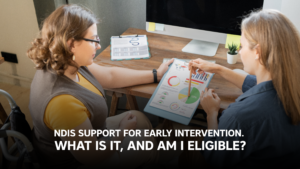
ndis business profitability strategies and factors
Becoming an NDIS provider Registration is a great investment and a business opportunity that offers a lot and while navigating NDIS business registration and NDIS

Allied Health Professionals in NDIS: What you need to know
The NDIS Scheme helps a large group of people with disabilities in Australia by providing support and services to enhance their lives. And to become

How to create a positive NDIS participant experience
How to create a positive NDIS participant Whether you’re Working as an NDIS provider or wanting to become an NDIS provider, Ensuring a great experience

Common Mistakes in NDIS Audit and How to Avoid Them
Becoming a National Disability Insurance Scheme become an NDIS provider provider can be a great business opportunity, but it also comes with a lot of

NDIS Plan Management Self Managed VS Plan Managed
Helping participants navigate their plans effectively is an essential part of providing service and ensuring quality in your provider business. NDIS plan management is fundamentally

How to Stay Informed: NDIS Resources and Updates You Need to Know
NDIS Resources Navigating the National Disability Insurance Scheme (NDIS) can often feel challenging and overwhelming. With updates on policy changes, new guidelines, and various support
Hear from Our Clients




